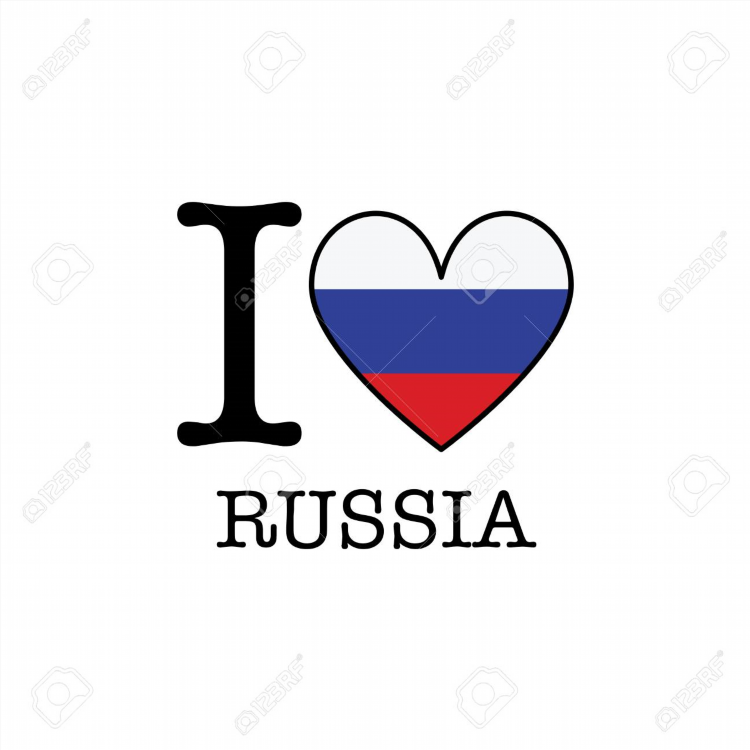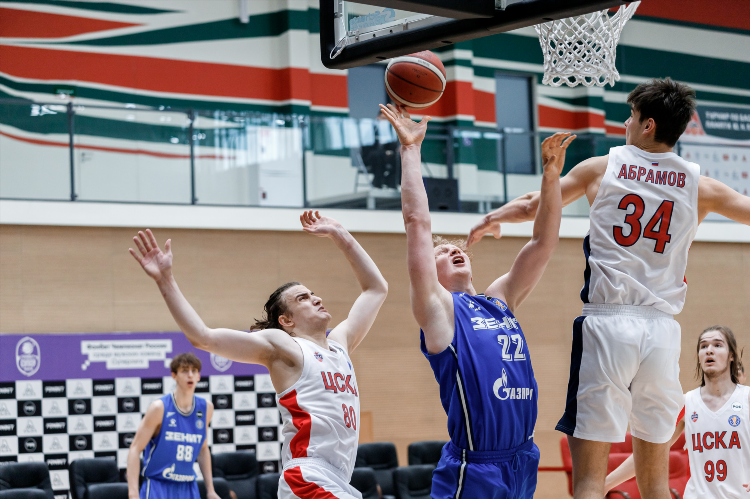Russian in love

Russian in Love: Cultural Insights and Global Impact
Introduction to "Russian in Love"
The phrase "Russian in love" embodies a unique aspect of Russian culture, highlighting both the emotional depth and the traditional values tied to relationships in Russia. Understanding the complexities of romantic relationships in Russian society requires an exploration of historical, cultural, and social factors that shape Russian love and partnerships. This article delves into the key aspects of love in Russia, addressing the cultural nuances, expectations, and global impact of Russian romantic relationships.
Understanding Russian Attitudes Towards Love and Relationships
Russian culture has a long history of strong familial bonds and intricate relationship dynamics. The traditional view of love in Russia is shaped by centuries of social, religious, and historical influences. The idea of "Russian in love" often reflects both romantic idealism and practical expectations.
Family and Marriage Traditions in Russia
Marriage and family are highly valued in Russian society. Traditionally, a stable family unit is seen as the foundation of a strong society. The institution of marriage is often seen not just as a personal decision, but as a societal commitment. In this context, love and affection are not only about personal fulfillment but also about fulfilling societal duties and expectations.
-
Marriage as a social norm: In Russia, marriage is considered an essential part of life, and the idea of starting a family is deeply ingrained in the culture.
-
Role of parents: Parental approval plays a crucial role in relationships, especially in more traditional parts of Russian society.
-
Importance of commitment: Romantic relationships are often built on the principles of loyalty, devotion, and the idea of lifelong commitment.
Gender Roles in Russian Relationships
The traditional roles of men and women in Russian relationships have remained prominent despite modernization and changing social dynamics. These roles are deeply rooted in Russian history and continue to influence dating and marriage expectations.
-
Expectations of men: In Russian culture, men are often expected to be the primary providers and protectors. This expectation influences how love and affection are expressed, with men often demonstrating their feelings through acts of care and protection.
-
Expectations of women: Women are often expected to be nurturing, caring, and supportive in relationships. This traditional view of femininity shapes the way love is experienced, with an emphasis on family care and emotional support.
The Role of Russian Romantic Literature and Art
Russian romantic literature, art, and music have played a significant role in shaping the cultural understanding of love. The works of famous Russian authors such as Leo Tolstoy and Fyodor Dostoevsky explore the complex nature of love and relationships, influencing generations of Russians in their approach to romance.
Russian Literature's Influence on Love
The romantic ideals presented in>Anna Karenina and War and Peace have portrayed love as a multifaceted emotion, encompassing both passionate infatuation and the more pragmatic aspects of marital life.
-
Passion vs. pragmatism: Russian literature often explores the tension between the passionate, idealized notion of love and the more practical, sometimes harsh realities of relationships.
-
Cultural symbolism: Love in Russian literature is often depicted as a powerful, sometimes destructive force that influences the course of characters' lives.
Music and Art as Expressions of Love
In addition to literature, Russian music and visual arts have served as powerful mediums through which romantic themes are explored. Russian composers like Pyotr Tchaikovsky and Sergei Rachmaninoff have created music that reflects the complexity and depth of love, while Russian painters have depicted love through their works, often intertwining it with national identity and historical context.
The Influence of "Russian in Love" on Global Culture
The concept of "Russian in love" has had a significant influence on global perceptions of romance. The passion, intensity, and traditional values associated with Russian relationships have intrigued many people around the world, leading to both admiration and curiosity.
Russian Women and International Relationships
One aspect of Russian romantic relationships that has gained global attention is the portrayal of Russian women as deeply loyal, nurturing, and family-oriented partners. This perception has influenced international dating trends, with many individuals seeking relationships with Russian women, both online and offline.
-
Online dating platforms: The rise of online dating has made it easier for people from around the world to connect with Russian women. Many platforms cater specifically to individuals seeking Russian partners, reinforcing the idea of Russian women as ideal romantic partners.
-
Cultural exchange: Russian culture's impact on international relationships goes beyond just romantic attraction; it fosters greater cultural exchange, with individuals from different countries learning about Russian customs, traditions, and values.
Stereotypes and Misconceptions
While the global fascination with "Russian in love" has led to some positive cultural exchanges, it has also contributed to certain stereotypes and misconceptions about Russian relationships. For example, the idea that all Russian women are submissive or that Russian men are domineering can oversimplify the complexity of Russian romantic culture.
-
Complexity of relationships: Russian relationships are as diverse as the people themselves, and stereotypes can obscure the true nature of love and affection in Russian society.
-
Impact of globalization: As Russia becomes more integrated into the global community, the way love is expressed in Russia is also evolving, blending traditional values with modern influences.
Key Concepts in Russian Love Culture
Understanding the key concepts and practices that shape Russian relationships can provide deeper insights into what it means to be "Russian in love."
-
Respect and loyalty: These values are central to Russian relationships. Respect for one's partner and loyalty to the family are considered cornerstones of a successful relationship.
-
Family-centered approach: The focus on family in Russian relationships often leads to decisions being made with the well-being of the family unit in mind.
-
Endurance and commitment: Russian couples are often expected to weather challenges together, and the idea of love as a lifelong commitment is strongly emphasized.
FAQ: Russian in Love
Q: What are the traditional views of love in Russia?
A: Traditional Russian views of love emphasize loyalty, commitment, and the importance of family. Relationships are often seen as lifelong partnerships that require mutual respect and dedication.
Q: How do Russian gender roles affect romantic relationships?
A: Traditional gender roles in Russia assign men the responsibility of being providers and protectors, while women are expected to be nurturing and family-oriented. These roles continue to shape romantic expectations.
Q: Why are Russian women often seen as ideal partners?
A: Russian women are often perceived as deeply loyal, supportive, and committed to family life, qualities that are highly valued in many cultures.
Q: How has Russian romantic culture influenced global perceptions?
A: Russian romantic culture, with its emphasis on passion, loyalty, and family, has shaped international views on love, often leading to an idealized image of Russian relationships.
Q: Are there any misconceptions about Russian love?
A: Yes, stereotypes about Russian relationships, such as the idea that Russian women are submissive or that Russian men are overly dominant, often oversimplify the diverse nature of love in Russia.



